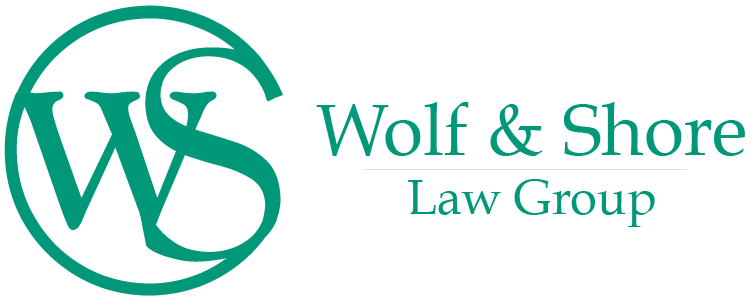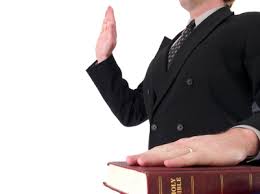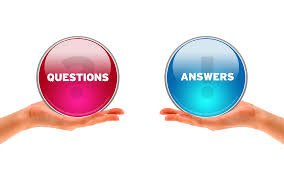What you say on the record at court, is generally under oath and needs to be as accurate as possible. All testimony must be truthful. If you don’t know the answer to something, you must simply admit that you don’t know the answer.
Once you are in front of the judge at court and you go “on the record,” the court reporter is creating a transcript, which can always be ordered and referenced. It can also be used to help your case in the future, or it can be used against you. One example where it can be used against you is if you testify to something during a subsequent hearing and it is contradictory to prior testimony.
Your testimony does need to be truthful, and it also needs to be complete. A judge (or in some cases, a jury), needs to rely upon it, so when someone testifies that an incident happened on “Whoozy Whatsit Street,” rather than say, Main Street, the testimony does not come across as reliable.
Saying something so blatantly incorrect and haphazardly could be dangerous because if the judge does not think that your testimony is credible, he or she may not be able to give it the weight that it deserves.
Attorneys Kristen Wolf & Shari-Lynn Cuomo Shore understand that testimony can be nerve-racking. We take the time to prepare our clients for their testimony, and make sure that they understand how to appropriately respond to questions. Let us help you! Contact our office today for a confidential consultation. We can be reached here, at 203.745.3151, or at info@wolfandshorelaw.com. You can schedule a call back from our Client Intake Specialist here.




